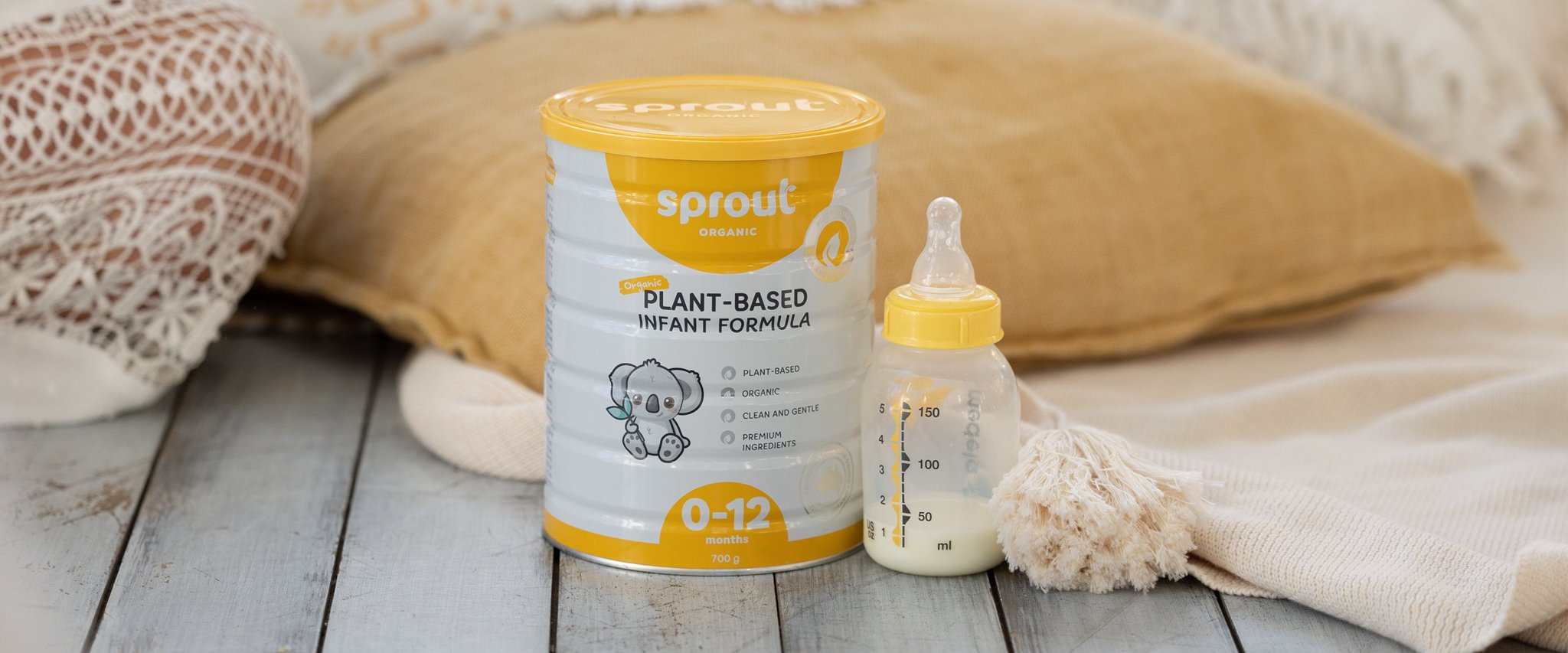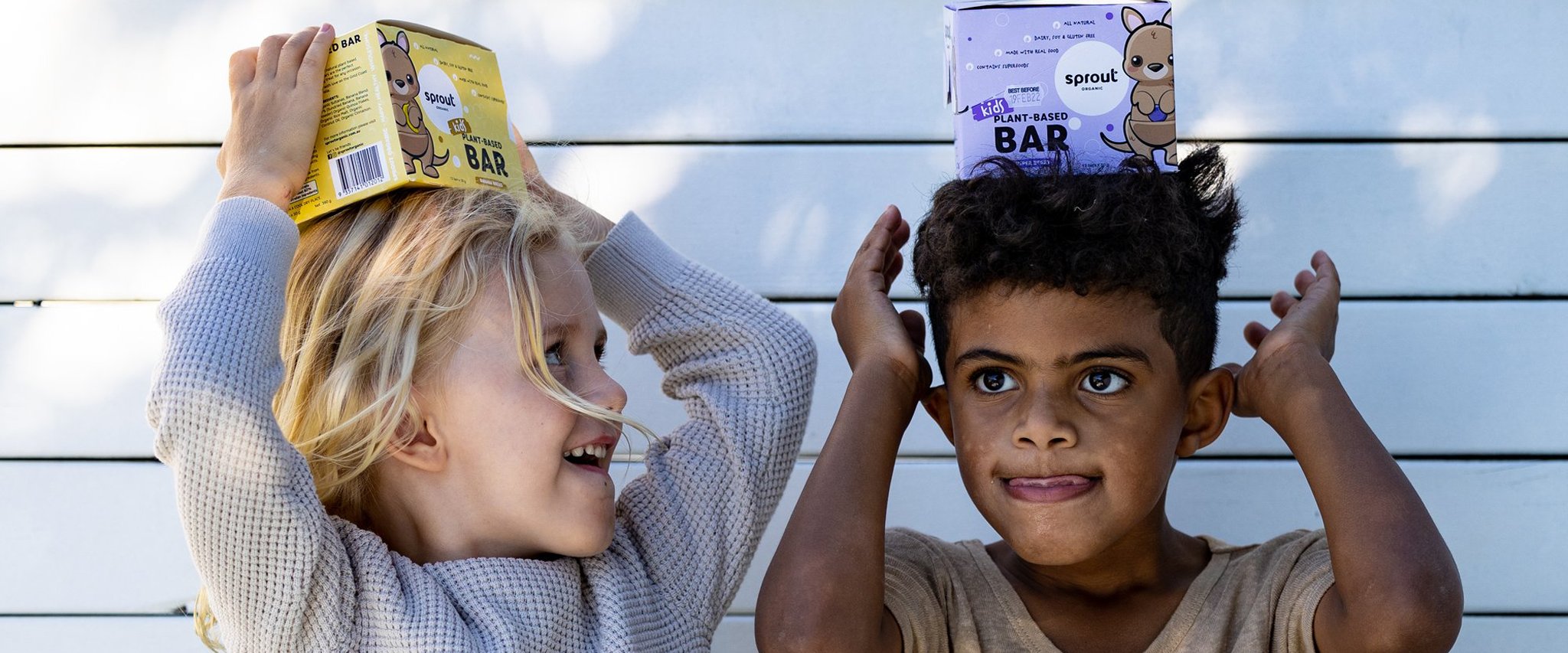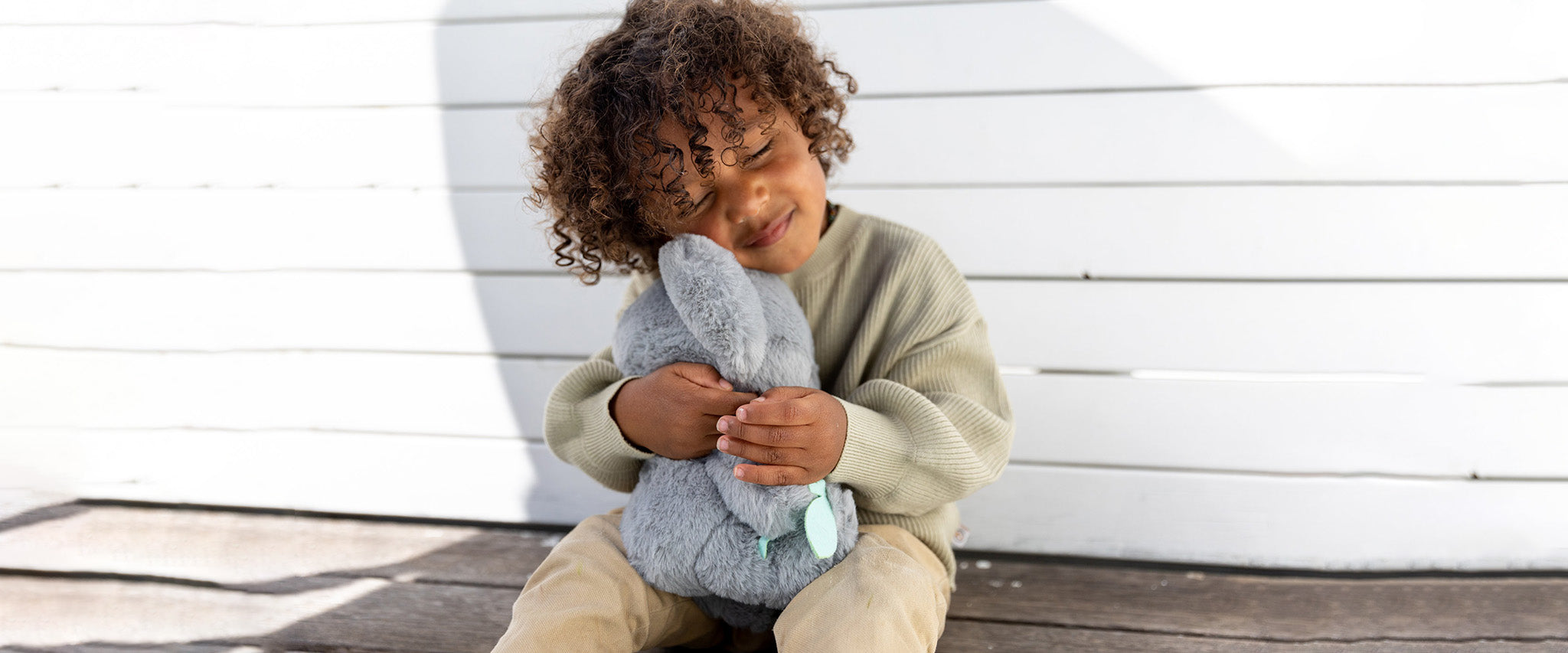7 Ways to Teach Your Kids About Sustainability
Educating our kids about health from the early years is so important to help them establish positive values and habits that they can carry with them through life. But not only do we need to teach them about how to look after their health - we also need to be teaching them about how they can care for the health of our planet as well.
Today is World Health Day and the theme this year by the World Health Organisation is Our planet, our health. If you haven’t already, this is a fantastic opportunity to start teaching your kids about ways in which they can protect the health of our earth and how important this is for their future, as well as the future of their friends and families!
The question here is - how to make learning about sustainability fun? As with most things, the way to get their attention and keep it is - yep, you guessed it! - make it into a game. Make learning a fun and interactive experience. Not only will they be more engaged, but they’ll be more likely to remember what they’re taught as well.
To get you started, we’ve collected some of our top tips to start teaching your kids about sustainability. But first, you need to explain what it actually means!

How to explain sustainability to kids
Teaching your kids a basic definition of sustainability is the first step. A good way to frame it that’s easy for them to understand is that it involves small changes that we can all do to improve the health of our planet, which in turn protects our plants, animals and natural resources for everyone to enjoy in the future!
Without further ado, here are our teaching tips…
Ways to teach children about sustainability
1. Create a quiz game for recycling
Ask your kids to help you take the recycling out, or donate old clothes and toys to the op shop. Make different coloured bins in your home and ask them to put the rubbish in the right one! Plus, the promise of a treat at the end never fails to entice them to play ;)

2. Packing groceries
When you’re doing your grocery shopping, employ your kids as your little helpers! Bring fabric shopping bags and explain how plastic waste pollutes our air, oceans and land, threatening the health of our animals.

3. Turn reading time into a learning opportunity
In addition to their stories and fairy tales, throw in the mix some books that teach your kids about our earth. Feeding their curious little minds information about how beautiful and wonderful our planet is will help spark that motivation and interest for them to participate in these activities that can help them protect it!
4. Create homemade fun
Over-consumption adds to the health issues our planet faces, with purchases of excess goods inevitably turning to waste. Instead of buying toy after toy, encourage your kids to find fun with what you have at home! Doing arts and crafts, creating musical instruments out of pots and pans, and just simply running around outside are some great ways to exercise their creativity.

5. Go on a litter hunt
There’s no shortage of litter around and about. Make it a scavenger hunt to go searching for litter and see how much ‘treasure’ you can collect. This will help show them how much rubbish people are throwing away and polluting our planet, and help instil the principles for them to always throw their own rubbish in the bin.
6. Plant a garden
Growing your own organic fruits and veggies helps save on the distance that produce has to travel to get to your plate. Plus, gardening is a fun activity that gets your kids outdoors in the fresh air and helps teach them valuable life skills, such as responsibility and patience.

7. Eat more plants!
A plant-based diet decreases the demand for energy and greenhouse gas emissions, which is essential for moderating the threats posed by climate change. Sneak more fruits and veggies into their smoothies, meals and snacks and get them to help with the food prep. Or, save time and effort by feeding them the goodness from our Junior Plant Protein Shake instead, which contains a serving of fruits and veggies, 10g of plant protein, antioxidants and more!

The earlier that kids learn the value of sustainability and eco-friendly habits, the more likely they will stick. There are so many fun ways that you can do this and it can be a mission for your whole family to learn more about it together!






Leave a comment